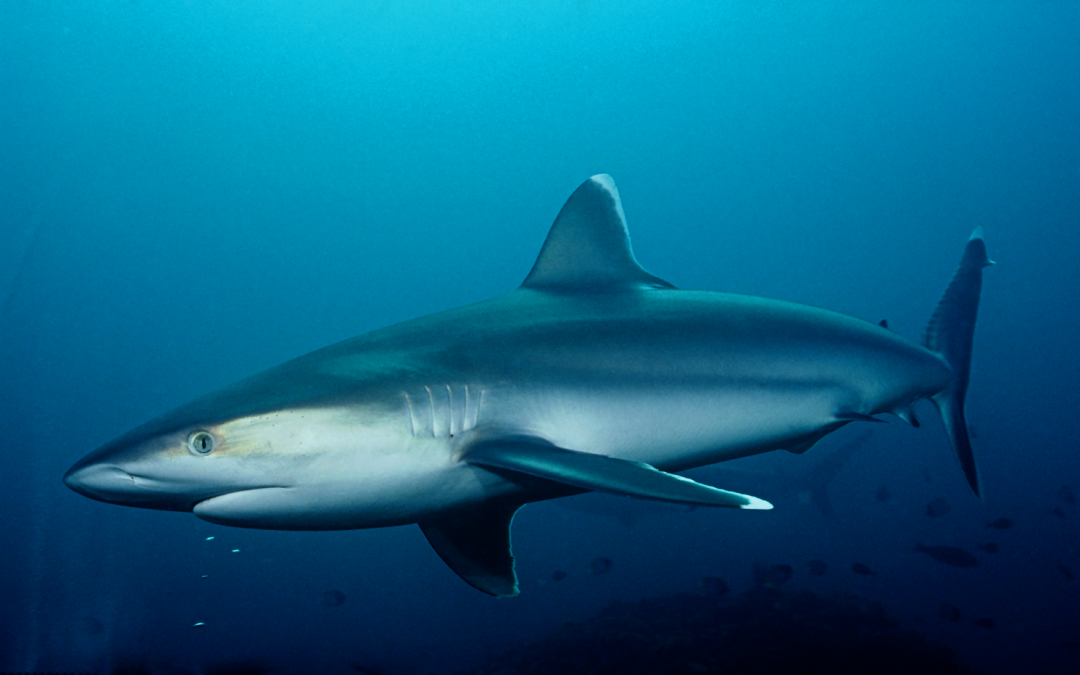Following a shark attack on a swimmer near the Red Sea resort Ain Sokhna on Saturday, the Ministry of Environment has commissioned a team of researchers to investigate whether human behavior was a factor in the attack.
A 23-year-old had his leg amputated after suffering multiple shark bites while swimming about 150 meters offshore during a pleasure cruise, the state-owned Al-Ahram newspaper reported.
Attacking a swimmer on the surface of the water and so close to shore is not typical behavior for a Mako shark, the species believed to be responsible for the attack, says Mahmoud Hanafy, a marine biologist at Suez Canal University.
“Mako sharks are very shy, and have always inhabited deep offshore waters, far from the shoreline,” Hanafy explained. Normally, these sharks hunt for prey deep below the surface.
“Human is not on the menu for sharks,” he added.
While it’s difficult to identify the exact reasons for a particular incident, Hanafy suggests human activity, such as over fishing and dumping food from boats, has greatly increased the likelihood of shark attacks on humans.
“Scarcity of food is one reason,” Hanafy said. “There is a huge competition between sharks and humans for the fish stock. With over fishing, it is expected that sharks will increase their feeding grounds and go to unusual places like inshore areas.”
If sharks are coming to the surface to look for food, that also indicates their behavior has been influenced by humans, Hanafy said. “Somehow this type of shark has practice accepting food from the surface.”
“All of the attacks in the Red Sea in the last decade were carried out on swimmers and snorkelers, not divers,” Hanafy added. “The shark, when it sees something moving on the surface, bites it to see if it is food or not.”
Hanafy points to two possible culprits: tour operators who “chum” for sharks by deliberately throwing food into the water to attract them, and boats who simply throw rubbish into the sea.
Chumming is illegal, but still happens, Hanafy explained. Sharks are a major attraction for thrill seeking tourists, and some operators are willing to bend the rules to keep customers happy.
Ain Sokhna is also a major waiting area for ships transiting the Suez Canal, who may not always follow local environmental regulations. “Maybe some of these ships discard food into the sea,” he suggests, adding, “All of these attacks result from bad human practices like feeding.”
in cooperation with madamasr











